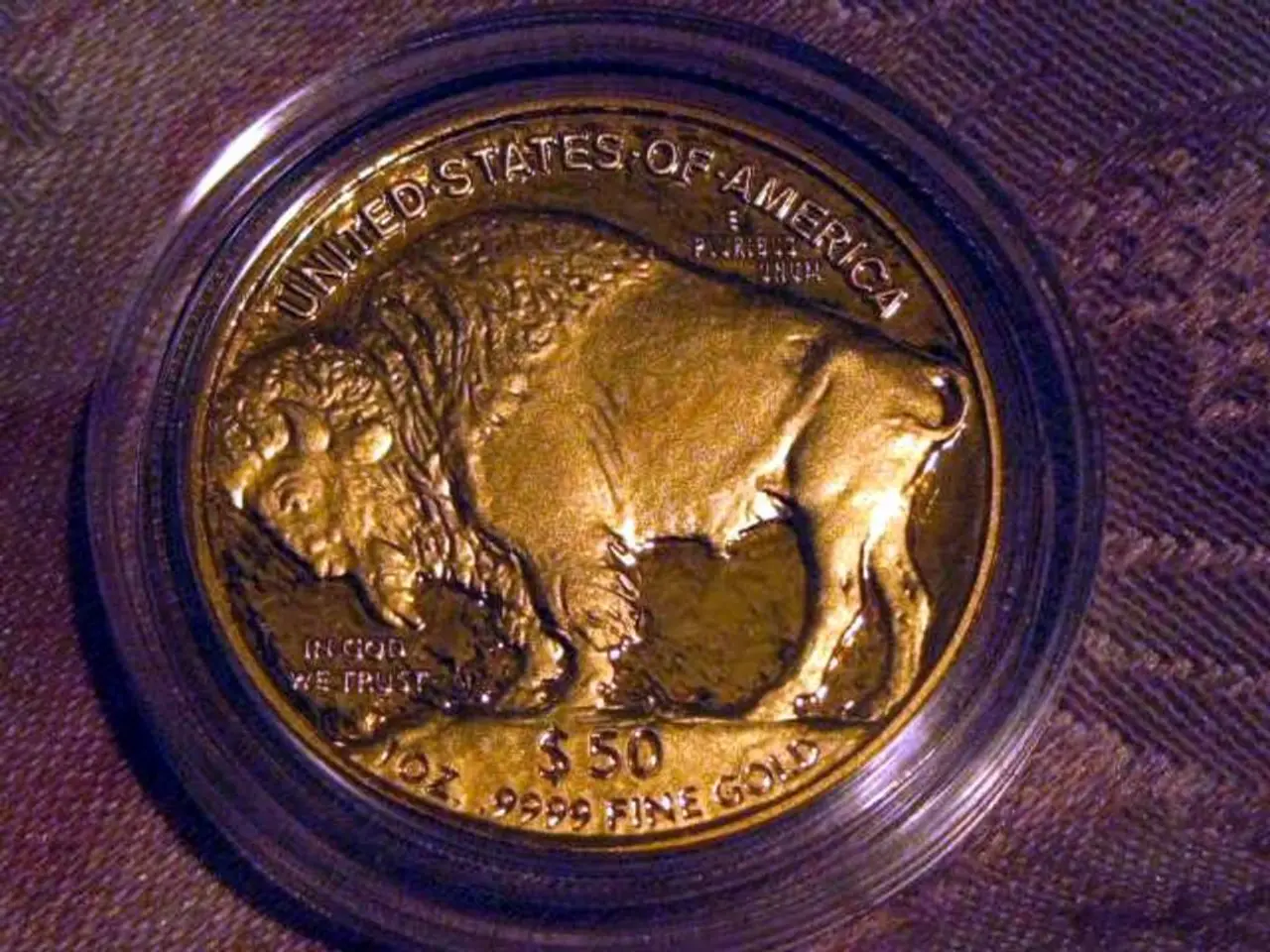Stock exchanges in the United States experience a downward trend, while prices for oil and gold increase.
The U.S. stock market experienced a downturn on Tuesday, as the U.S.-China trade talks ended without reaching a deal. The Dow Jones Industrial Average closed at 44,633 points, down 0.5 percent, and the S&P 500 ended at around 6,371 points, down 0.3 percent. The Nasdaq 100 was calculated at around 23,308 points, down 0.2 percent.
The absence of a deal in the trade talks contributed to downward pressure or volatility in U.S. stocks on that Tuesday. The unresolved issues, such as restrictions on technology exports and access to rare earth minerals, along with the dismissal of Chinese investment pledges as part of a new pact, further clouded trade prospects and investor confidence, affecting market sentiment negatively.
Previous escalations in tariffs have caused severe sell-offs, and the potential return to high tariffs as talks fail could trigger similar reactions in U.S. stocks as investors anticipate economic disruption and slower growth. The ending of the talks likely renewed fears of tariffs increasing sharply again, leading to market apprehension.
However, the oil price was particularly strong, with a barrel of the North Sea Brent blend costing 72.66 U.S. dollars, up 3.7 percent from the close of the previous trading day. The European common currency weakened on Tuesday evening, with one euro worth 1.1551 U.S. dollars and one dollar worth 0.8657 euros.
U.S. Treasury Secretary Scott Bessent reportedly suggested an extension of the trade truce by 90 days. Further negotiations between the U.S. and China are to follow.
[1] Source: Bloomberg, Reuters [2] Source: CNBC [3] Source: Financial Times
- The uncertainty surrounding the trade talks and potential return to high tariffs could have a significant impact on finance, resulting in increased market volatility as investors react to the possible economic disruption.
- Despite the U.S. stock market's downward trend on Tuesday, there was a notable rise in the oil price, with a barrel of North Sea Brent blend costing 72.66 U.S. dollars, which could suggest varying dynamics in the finance sector.




